Economics and Development in Microstates, Islands, and the Arctic
30 November-
This interdisciplinary, cross-
How to make attend and make a presentation.
Presentations are welcome on all aspects of economics and development in microstates, islands, and arctic regions. Presentations last 15 minutes and will be followed by around 5 minutes’ question time.
The deadline for abstracts was 28 February 2018. (Later abstracts may be accepted if there is room available at the conference, but people who submit an abstract prior to the deadline will have the first opportunity to reserve a spot and to take advantage of the early registration rate.) You can submit your abstract here. The deadline for early registration is 31 March 2018.
This conference is a collaboration of:
Island Dynamics and Ilisimatusarfik/University of Greenland’s Department of Economics and Business
Any questions can be forwarded to Adam Grydehøj (agrydehoj@islanddynamics.org).
Publication
Participants will be invited to submit expanded versions of their papers to a special thematic section of Island Studies Journal (http://www.islandstudies.ca) on the topic of ‘Island Economics and Development’, to be published in May 2019. Island Studies Journal is an open access journal published by the University of Prince Edward Island’s Institute of Island Studies. The deadline for paper submission is 31 May 2018. All submissions will be subject to peer review. Please direct all publication enquiries to both Adam Grydehøj (agrydehoj@islanddynamics.org) and special thematic section editor Javier L. Arnaut (jaar@uni.gl).
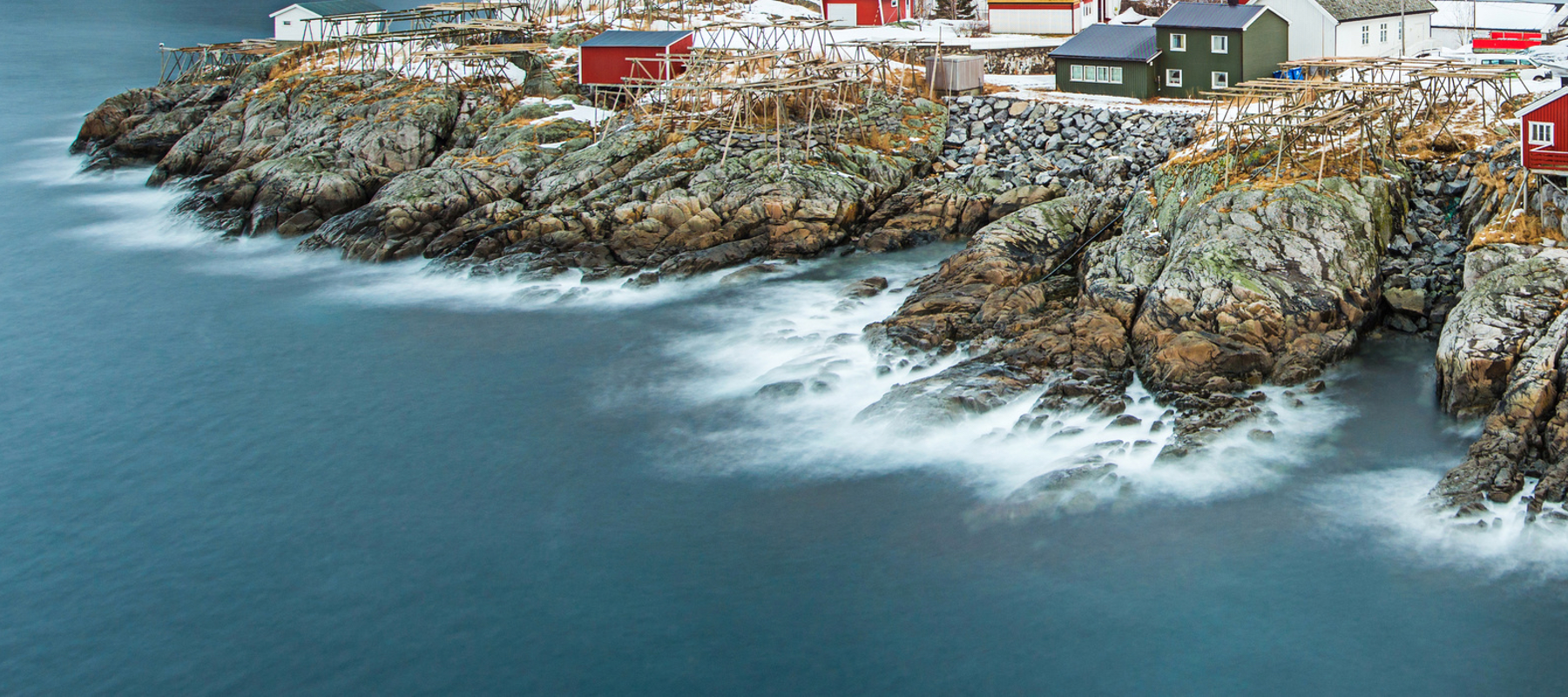
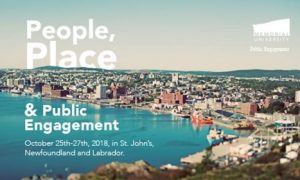 This fall, Memorial University’s Office of Public Engagement will host
This fall, Memorial University’s Office of Public Engagement will host 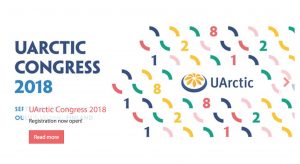 nce into one single gathering. The event is an integral part of Finland’s Arctic Council chairmanship program, highlighting the themes and priorities of the Finnish chairmanship, including the goals of the United Nations’ 2030 Agenda for Sustainable Development, supporting gender equality, and the Paris Agreement under the UN Framework Convention on Climate Change.
nce into one single gathering. The event is an integral part of Finland’s Arctic Council chairmanship program, highlighting the themes and priorities of the Finnish chairmanship, including the goals of the United Nations’ 2030 Agenda for Sustainable Development, supporting gender equality, and the Paris Agreement under the UN Framework Convention on Climate Change.
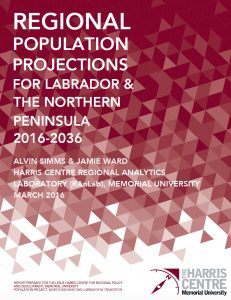 Newfoundland and Labrador has the most rapidly aging population in Canada – combined with youth out-migration, declining birth rates, and an increasing number of people moving from rural parts of the Newfoundland and Labrador to more urban centres, the province is facing an unprecedented population challenge. Without intervention, this trend will have a drastic impact on the economy, governance, and overall quality of life for the people living in the province. Planning for this change and developing strategies to adjust and adapt to the change is paramount.
Newfoundland and Labrador has the most rapidly aging population in Canada – combined with youth out-migration, declining birth rates, and an increasing number of people moving from rural parts of the Newfoundland and Labrador to more urban centres, the province is facing an unprecedented population challenge. Without intervention, this trend will have a drastic impact on the economy, governance, and overall quality of life for the people living in the province. Planning for this change and developing strategies to adjust and adapt to the change is paramount.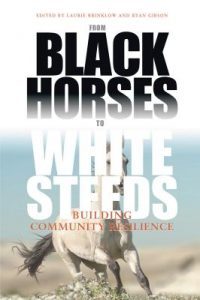 From Black Horses to White Steeds: Building Community Resilience celebrates and critiques the dynamics of innovation, governance, and culture in place. Case studies from both sides of the North Atlantic illustrate episodes of “turning around”; evolution, transformation, and visionary strategy that breathe new life into the term “think global, act local.”
From Black Horses to White Steeds: Building Community Resilience celebrates and critiques the dynamics of innovation, governance, and culture in place. Case studies from both sides of the North Atlantic illustrate episodes of “turning around”; evolution, transformation, and visionary strategy that breathe new life into the term “think global, act local.”